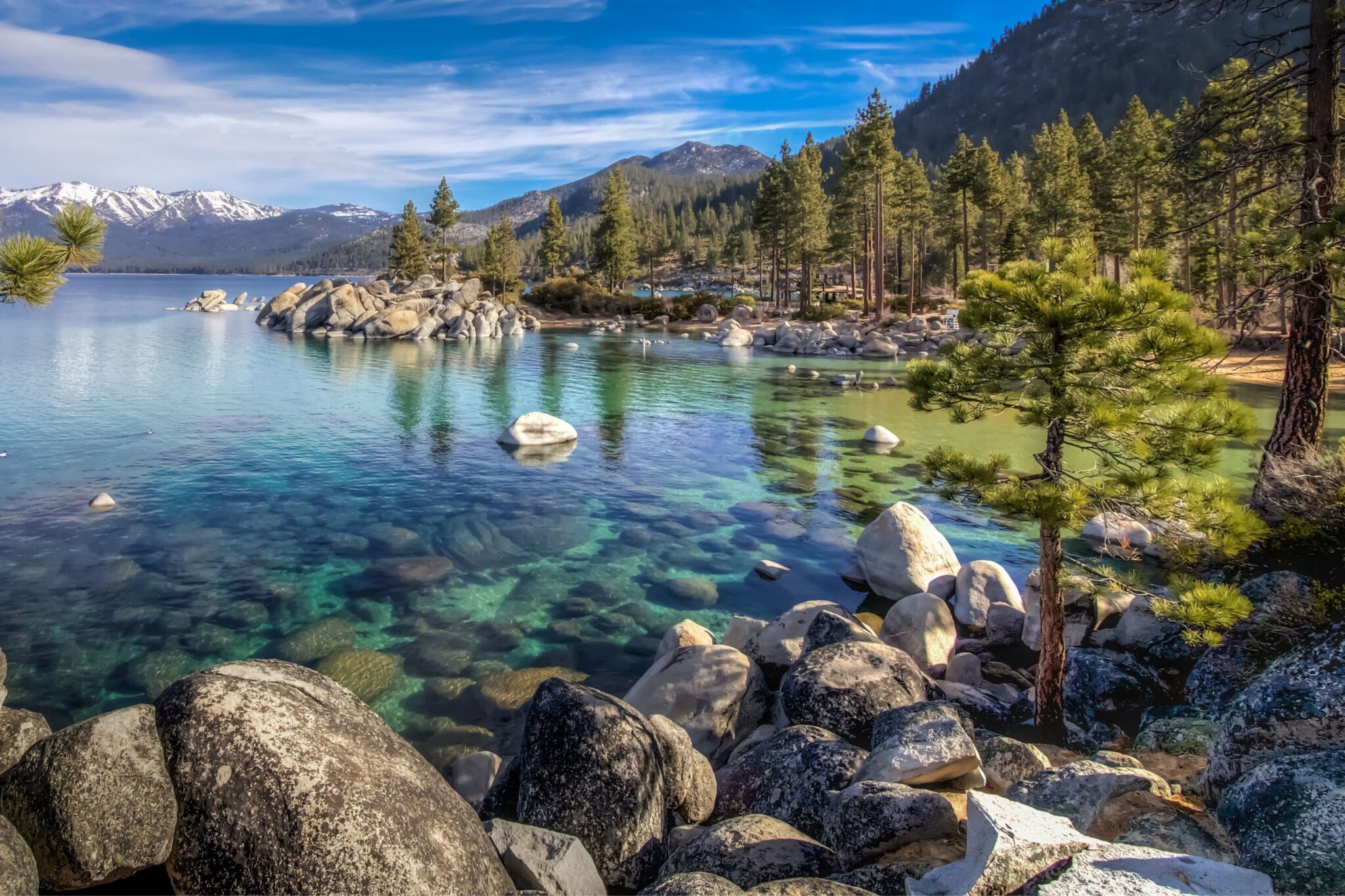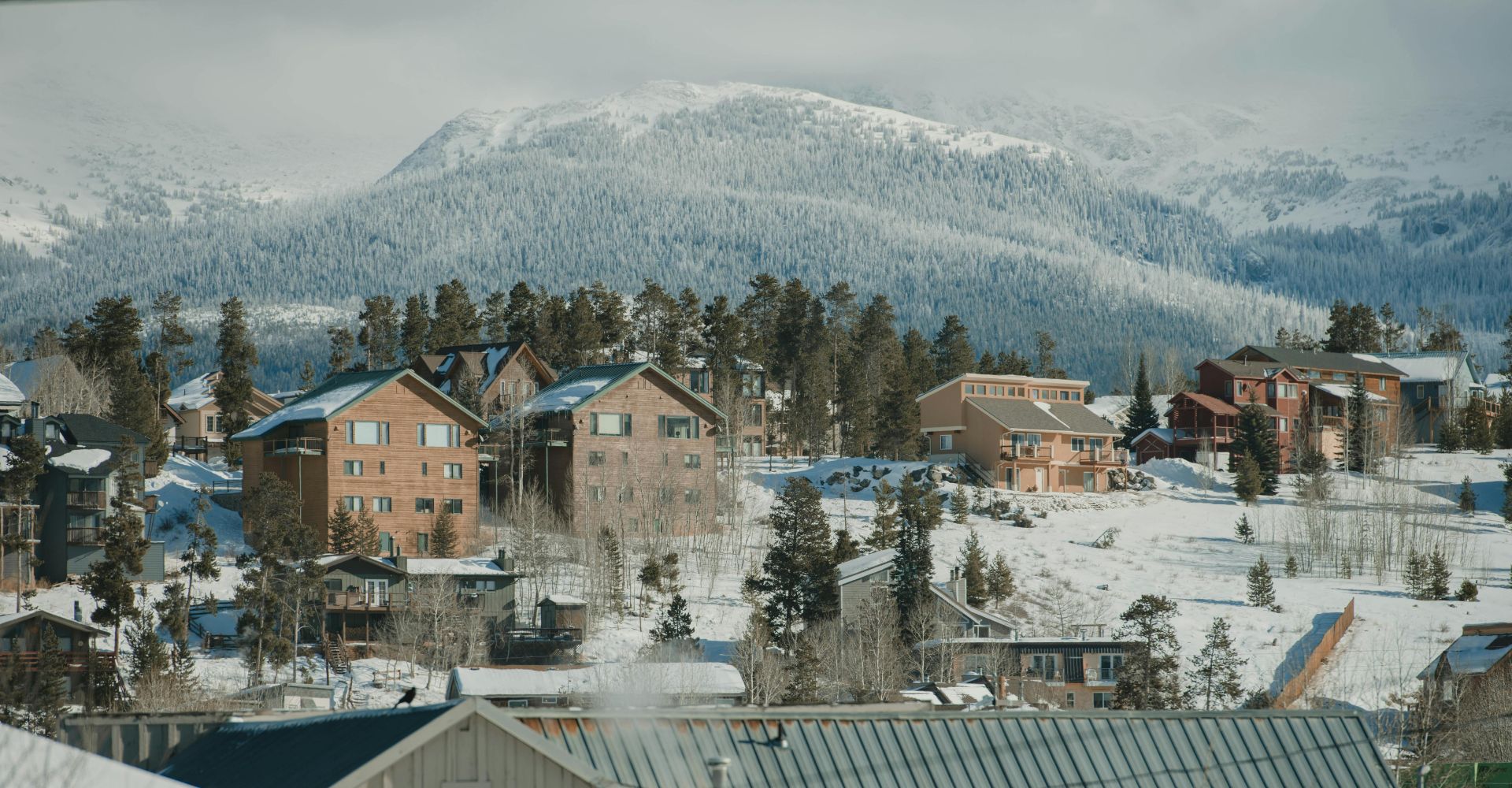Lake Tahoe sits at an elevation of 6,225 feet (1,897 meters) above sea level. This creates the metaphorical and poetic name, "Lake of the Sky," and for a lake that is so high in elevation, it literally and figuratively resides in the heavens. This high altitude contributes to its stunning scenery, clear waters, unique climate, and year-round outdoor activities.
WHAT IS THE ELEVATION OF LAKE TAHOE?
Lake Tahoe, a stunning alpine lake nestled in the Sierra Nevada Mountains, is renowned for its breathtaking scenery and year-round activities. Sitting at an elevation of 6,225 feet (1,897 meters) above sea level, Lake Tahoe is one of the highest-altitude lakes in the United States. Its high elevation contributes to the lake's cool, crisp air and pristine environment, making it a favorite destination for outdoor enthusiasts.
Surrounded by towering peaks, some of which reach over 10,000 feet, Lake Tahoe’s elevation plays a vital role in its climate and activities. The higher altitude means snow blankets the region in winter, making it a premier skiing and snowboarding destination. In summer, the lake’s clear waters and cooler temperatures are perfect for kayaking, paddleboarding, and hiking. Visitors should be prepared for thinner air at this altitude, especially if they’re not accustomed to high elevations.
The lake straddles the California-Nevada border, and its elevation contributes to the unique ecosystems and breathtaking vistas found throughout the area. Whether you're skiing, hiking, or simply enjoying the view, Lake Tahoe's elevation adds to the magic of this alpine gem.
WHY AM I OUT OF BREATH IN LAKE TAHOE?
Feeling out of breath in Lake Tahoe is common, especially for visitors not accustomed to higher altitudes. At higher elevations, the air contains less oxygen than at lower altitudes, which can make physical activities or simply walking up a flight of stairs feel more strenuous. Your body has to work harder to deliver oxygen to muscles, which can lead to shortness of breath, fatigue, or even mild altitude sickness.
Dehydration can also worsen symptoms, as the dry mountain air and increased respiration cause your body to lose water faster. Staying hydrated is crucial, as is pacing yourself during activities. Take it easy for the first day or two to allow your body to acclimate to the altitude. If symptoms like dizziness, headaches, or nausea persist, rest, hydrate, and avoid overexertion. While most people adjust within a couple of days, being mindful of your body’s response can ensure you enjoy everything Tahoe has to offer without discomfort.
Whether you're a nature lover, adventure seeker, or simply looking for a beautiful place to relax, Lake Tahoe has something to offer everyone. Check out our vacation rentals on the North Side of Lake Tahoe. Call us at 888.598.6353 or email reservations@eastwest.com for help planning your next trip.







